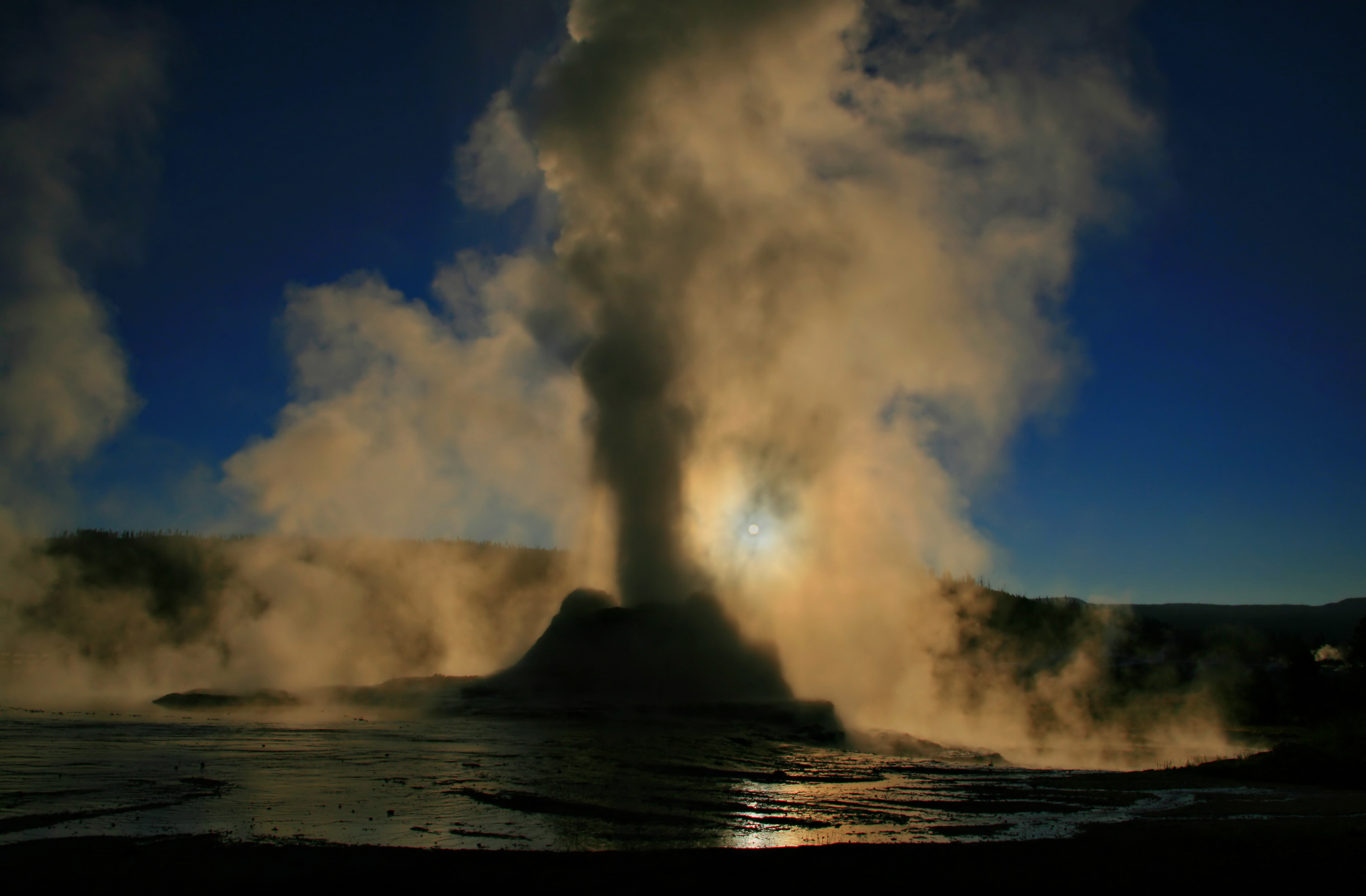|
DRG Class 71.0
The German DRG Class 71.0 was a locomotive with the Deutsche Reichsbahn, which was intended as a replacement for railbuses. Originally it had been planned for these standard engines ('' Einheitsloks'') to haul fast passenger trains. Two vehicles were delivered in 1934 by the firm of Schwartzkopff and two each in 1936 by the firms of Borsig and Krupp. The two-cylinder superheated engines were equipped with automatic underfeed stokers for one-man operation. In the course of its service the boiler overpressure was reduced from 20 bar to 16 bar for safety reasons. All the locomotives had a plate frame. The second coupled wheelset was driven and the carrying wheels rested in Bissel axles. The Deutsche Bundesbahn took over all the engines after the Second World War and allocated them to the locomotive depot (''Bahnbetriebswerk'' or ''Bw'') in Nuremberg. Later they were all transferred to Kaiserslautern and Landau Landau ( pfl, Landach), officially Landau in der Pfalz, is an a ... [...More Info...] [...Related Items...] OR: [Wikipedia] [Google] [Baidu] |
Berliner Maschinenbau
Berliner Maschinenbau AG was a German manufacturer of locomotives. The factory was founded by Louis Victor Robert Schwartzkopff on 3 October 1852 as ''Eisengießerei und Maschinen-Fabrik von L. Schwartzkopff'' in Berlin. History The factory was founded on 3 October 1852 as ''Eisengießerei und Maschinen-Fabrik von L. Schwartzkopff'' in Berlin by Louis Victor Robert Schwartzkopff. After a fire in 1860 and the expansion of the factory, they started to manufacture turntables, water systems and turnouts for several railway companies. The first locomotive built by the firm was delivered on 1 February 1867 to the Lower Silesian-Mark Railway (''Niederschlesisch-Märkische Eisenbahn'' or NME). On 1 July 1870 the firm was turned into a share company and renamed the ''Berliner Maschinenbau-Actien-Gesellschaft vormals L. Schwartzkopff, Berlin''. In 1897 a second factory was opened in Wildau. From 1899 the company also manufactured Linotype machines for the Mergenthaler factory ... [...More Info...] [...Related Items...] OR: [Wikipedia] [Google] [Baidu] |
Second World War
World War II or the Second World War, often abbreviated as WWII or WW2, was a world war that lasted from 1939 to 1945. It involved the vast majority of the world's countries—including all of the great powers—forming two opposing military alliances: the Allies and the Axis powers. World War II was a total war that directly involved more than 100 million personnel from more than 30 countries. The major participants in the war threw their entire economic, industrial, and scientific capabilities behind the war effort, blurring the distinction between civilian and military resources. Aircraft played a major role in the conflict, enabling the strategic bombing of population centres and deploying the only two nuclear weapons ever used in war. World War II was by far the deadliest conflict in human history; it resulted in 70 to 85 million fatalities, mostly among civilians. Tens of millions died due to genocides (including the Holocaust), starvation, ma ... [...More Info...] [...Related Items...] OR: [Wikipedia] [Google] [Baidu] |
Passenger Locomotives
A passenger (also abbreviated as pax) is a person who travels in a vehicle, but does not bear any responsibility for the tasks required for that vehicle to arrive at its destination or otherwise operate the vehicle, and is not a steward. The vehicles may be bicycles, buses, passenger trains, airliners, ships, ferryboats, and other methods of transportation. Crew members (if any), as well as the driver or pilot of the vehicle, are usually not considered to be passengers. For example, a flight attendant on an airline would not be considered a passenger while on duty and the same with those working in the kitchen or restaurant on board a ship as well as cleaning staff, but an employee riding in a company car being driven by another person would be considered a passenger, even if the car was being driven on company business. Railways In railway parlance, passenger, as well as being the end user of a service, is also a categorisation of the type of rolling stock used.Simmons, J ... [...More Info...] [...Related Items...] OR: [Wikipedia] [Google] [Baidu] |
Berliner Locomotives
Berliner is most often used to designate a citizen of Berlin, Germany Berliner may also refer to: People * Berliner (surname) Places * Berliner Lake, a lake in Minnesota, United States * Berliner Philharmonie, concert hall in Berlin, Germany * Berliner See, a lake in Mecklenburg-Vorpommern, Germany * Berliner Straße (other), multiple streets in Germany with the name Arts, Entertainment, Media * Berliner (format), a paper size in newspapers * ''Berliner Abendblatt'', the leading weekly newspaper in Berlin * Berliner Ensemble, a German theatre company * ''Berliner Kurier'', a regional daily tabloid * ''Berliner Messe'', or ''Berlin Mass'', a mass by Arvo Pärt * ''Berliner Morgenpost'', 2nd most read newspaper in Berlin * Berliner Symphoniker, symphony orchestra in Berlin * ''Berliner Verkehrsblätter'', a journal on public transport in Berlin * ''Berliner Woche'', advertising weekly in Berlin * ''Berliner Zeitung'', daily newspaper in Berlin * ''The Berliner'' (film ... [...More Info...] [...Related Items...] OR: [Wikipedia] [Google] [Baidu] |
Borsig Locomotives (1869–1933), German industrialist
{{surname ...
Borsig is a surname. Notable people with the surname include: * (1867–1897), German entrepreneur * August Borsig (1804–1854), German businessman * Conrad von Borsig (1873–1945), German mechanical engineer * Ernst Borsig Ernst August Paul Borsig (13 September 1869 in Berlin-Moabit – 6 January 1933 in Gut Groß Behnitz, Brandenburg) was a German industrialist.Henry Ashby Turner : The big entrepreneurs and the rise of Hitler , Siedler Verlag, Berlin 1985, p. 357 ... [...More Info...] [...Related Items...] OR: [Wikipedia] [Google] [Baidu] |
Railway Locomotives Introduced In 1934
Rail transport (also known as train transport) is a means of transport that transfers passengers and goods on wheeled vehicles running on rails, which are incorporated in tracks. In contrast to road transport, where the vehicles run on a prepared flat surface, rail vehicles (rolling stock) are directionally guided by the tracks on which they run. Tracks usually consist of steel rails, installed on sleepers (ties) set in ballast, on which the rolling stock, usually fitted with metal wheels, moves. Other variations are also possible, such as "slab track", in which the rails are fastened to a concrete foundation resting on a prepared subsurface. Rolling stock in a rail transport system generally encounters lower frictional resistance than rubber-tyred road vehicles, so passenger and freight cars (carriages and wagons) can be coupled into longer trains. The operation is carried out by a railway company, providing transport between train stations or freight customer faciliti ... [...More Info...] [...Related Items...] OR: [Wikipedia] [Google] [Baidu] |
Krupp Locomotives
The Krupp family (see pronunciation), a prominent 400-year-old German dynasty from Essen, is notable for its production of steel, artillery, ammunition and other armaments. The family business, known as Friedrich Krupp AG (Friedrich Krupp AG Hoesch-Krupp after acquiring Hoesch AG in 1991 and lasting until 1999), was the largest company in Europe at the beginning of the 20th century, and was the premier weapons manufacturer for Germany in both world wars. Starting from the Thirty Years' War until the end of the Second World War, it produced battleships, U-boats, tanks, howitzers, guns, utilities, and hundreds of other commodities. The dynasty began in 1587 when trader Arndt Krupp moved to Essen and joined the merchants' guild. He bought and sold real estate, and became one of the city's richest men. His descendants produced small guns during the Thirty Years' War and eventually acquired fulling mills, coal mines and an iron forge. During the Napoleonic Wars, Friedrich Krupp ... [...More Info...] [...Related Items...] OR: [Wikipedia] [Google] [Baidu] |
Deutsche Reichsbahn-Gesellschaft Locomotives
Deutsch or Deutsche may refer to: *''Deutsch'' or ''(das) Deutsche'': the German language, in Germany and other places *''Deutsche'': Germans, as a weak masculine, feminine or plural demonym *Deutsch (word), originally referring to the Germanic vernaculars of the Early Middle Ages Businesses and organisations *André Deutsch, an imprint of Carlton Publishing Group *Deutsch Inc., a former American advertising agency that split in 2020 into: **Deutsch NY,_a_New_York_City-based_advertising_agency *Deutsche_Aerospace_AG.html" ;"title="d Age, June 13 ..., a New York City-based advertising agency *Deutsche Aerospace AG">d Age, June 13 ..., a New York City-based advertising agency *Deutsche Aerospace AG *Deutsche Akademie, a cultural organisation, superseded by the Goethe-Institut *Deutsche Bahn, the German railway service *Deutsche Bank *Deutsche Börse, a German stock exchange *Deutsche Geophysikalische Gesellschaft, the German Geophysical Society *Deutsche Grammophon, a German clas ... [...More Info...] [...Related Items...] OR: [Wikipedia] [Google] [Baidu] |
Steam Locomotives Of Germany
Steam is a substance containing water in the gas phase, and sometimes also an aerosol of liquid water droplets, or air. This may occur due to evaporation or due to boiling, where heat is applied until water reaches the enthalpy of vaporization. Steam that is saturated or superheated is invisible; however, "steam" often refers to wet steam, the visible mist or aerosol of water droplets formed as water vapor condenses. Water increases in volume by 1,700 times at standard temperature and pressure; this change in volume can be converted into mechanical work by steam engines such as reciprocating piston type engines and steam turbines, which are a sub-group of steam engines. Piston type steam engines played a central role in the Industrial Revolution and modern steam turbines are used to generate more than 80% of the world's electricity. If liquid water comes in contact with a very hot surface or depressurizes quickly below its vapor pressure, it can create a steam explosion. Types ... [...More Info...] [...Related Items...] OR: [Wikipedia] [Google] [Baidu] |
List Of DRG Locomotives And Railbuses
The railway vehicle classes covered by this list of DRG locomotives and railbuses belonged to the ''Deutsche Reichsbahn-Gesellschaft'' or DRG (1924–37) and its successor, the ''Deutsche Reichsbahn'' or DRB (post 1937). The DRG (lit. German Imperial Railway Company) was formed under the terms of the Dawes Plan from the ''Deutsche Reichseisenbahnen'' (lit. Imperial Railways), a merger of the various German state railways after the First World War. The tables are generally organized in accordance with the DRG's numbering schemes for the various types of vehicles. A brief explanation of this may be found in the articles on the numbering scheme of the German railways and German steam locomotive classification. After the end of the Second World War the West German part of the DRB became the ''Deutsche Bundesbahn'' (DB), but its East German counterpart continued to be called the ''Deutsche Reichsbahn'' (DR) – see Deutsche Reichsbahn (East Germany). The DB and the DR later introduced ... [...More Info...] [...Related Items...] OR: [Wikipedia] [Google] [Baidu] |
Landau In Der Pfalz
Landau ( pfl, Landach), officially Landau in der Pfalz, is an autonomous (''kreisfrei'') town surrounded by the Südliche Weinstraße ("Southern Wine Route") district of southern Rhineland-Palatinate, Germany. It is a university town (since 1990), a long-standing cultural centre, and a market and shopping town, surrounded by vineyards and wine-growing villages of the Palatinate wine region. Landau lies east of the Palatinate forest, on the German Wine Route. It contains the districts (''Ortsteile'') of Arzheim, Dammheim, Godramstein, Mörlheim, Mörzheim, Nussdorf, Queichheim, and Wollmesheim. History Landau was first mentioned as a settlement in 1106. It was in the possession of the counts of Leiningen-Dagsburg-Landeck, whose arms, differenced by an escutcheon of the Imperial eagle, served as the arms of Landau until 1955. The town was granted a charter in 1274 by King Rudolf I of Germany, who declared the town a Free Imperial Town in 1291; nevertheless Prince-Bishop Emich of ... [...More Info...] [...Related Items...] OR: [Wikipedia] [Google] [Baidu] |




